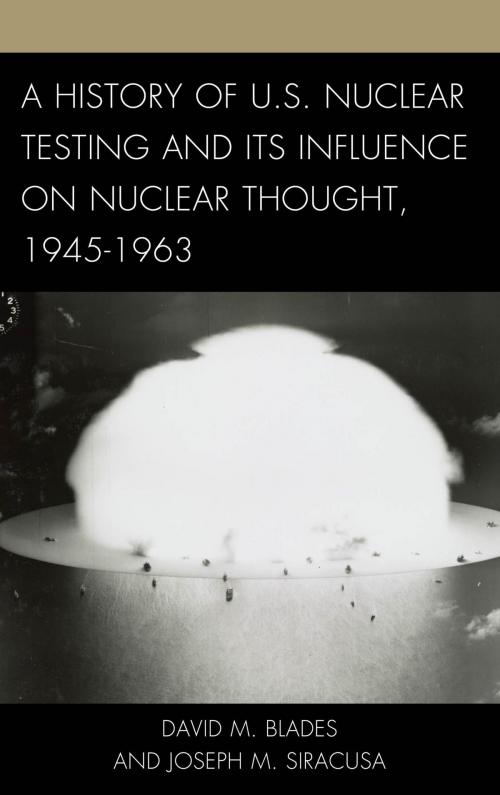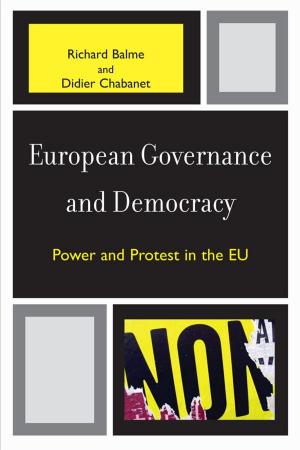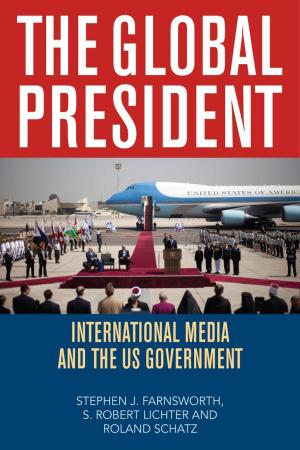A History of U.S. Nuclear Testing and Its Influence on Nuclear Thought, 1945–1963
Nonfiction, Social & Cultural Studies, Political Science, Politics, Arms Control, History, Military, Nuclear Warfare, International, International Security| Author: | David M. Blades, Joseph M. Siracusa, Deputy Dean of Global Studies, The Royal Melbourne Institute of Technology University | ISBN: | 9781442232013 |
| Publisher: | Rowman & Littlefield Publishers | Publication: | May 1, 2014 |
| Imprint: | Rowman & Littlefield Publishers | Language: | English |
| Author: | David M. Blades, Joseph M. Siracusa, Deputy Dean of Global Studies, The Royal Melbourne Institute of Technology University |
| ISBN: | 9781442232013 |
| Publisher: | Rowman & Littlefield Publishers |
| Publication: | May 1, 2014 |
| Imprint: | Rowman & Littlefield Publishers |
| Language: | English |
The story of U. S. nuclear testing between 1945 and 1963 is a vivid and exciting one, but also one of profound importance. It is a story of trailblazing scientific progress, weapons of mass destruction, superpower rivalry, accidents, radiological contamination, politics, and diplomacy. The testing of weapons that defined the course and consequences of the Cold War was itself a crucial dimension to the narrative of that conflict. Further, the central question - Why conduct nuclear tests? - was fully debated among American politicians, generals, civilians, and scientists, and ultimately it was victory for those who argued in favor of national security over diplomatic and environmental costs that normalized nuclear weapons tests. A History of U. S. Nuclear Testing and Its Influence on Nuclear Thought, 1945–1963 is an examination of this question, beginning with the road to normalization and, later, de-normalization of nuclear testing, leading to the Nuclear Test Ban Treaty in 1963. As states continue to pursue nuclear weaponry, nuclear testing remains an important political issue in the twenty-first century.
The story of U. S. nuclear testing between 1945 and 1963 is a vivid and exciting one, but also one of profound importance. It is a story of trailblazing scientific progress, weapons of mass destruction, superpower rivalry, accidents, radiological contamination, politics, and diplomacy. The testing of weapons that defined the course and consequences of the Cold War was itself a crucial dimension to the narrative of that conflict. Further, the central question - Why conduct nuclear tests? - was fully debated among American politicians, generals, civilians, and scientists, and ultimately it was victory for those who argued in favor of national security over diplomatic and environmental costs that normalized nuclear weapons tests. A History of U. S. Nuclear Testing and Its Influence on Nuclear Thought, 1945–1963 is an examination of this question, beginning with the road to normalization and, later, de-normalization of nuclear testing, leading to the Nuclear Test Ban Treaty in 1963. As states continue to pursue nuclear weaponry, nuclear testing remains an important political issue in the twenty-first century.















